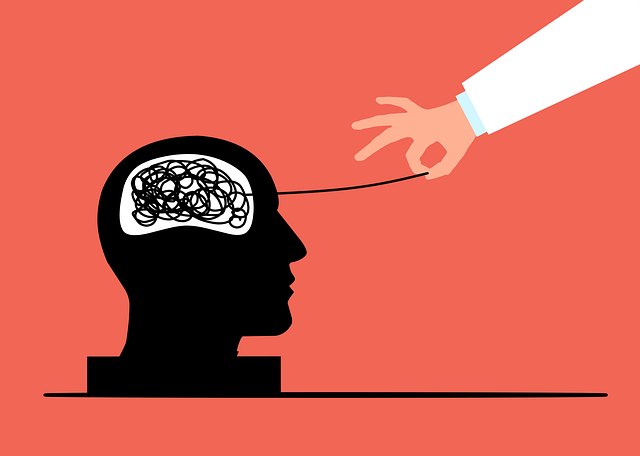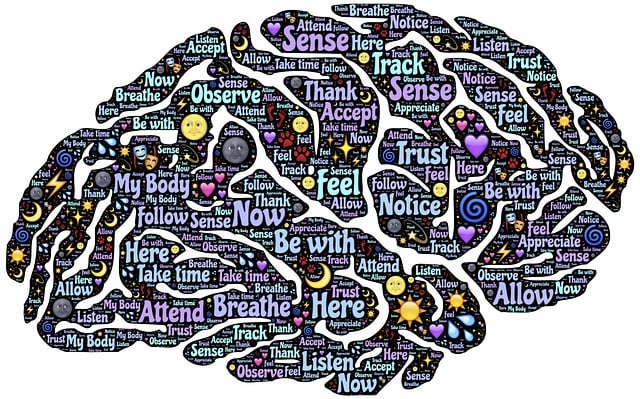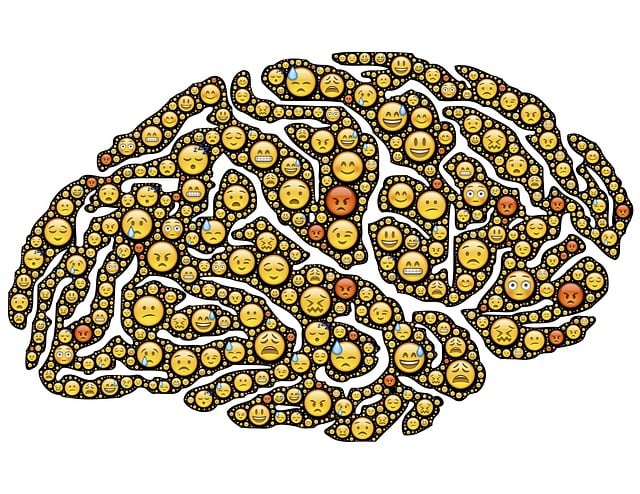Chronic stress from challenges like Boulder cancer issues therapy can harm both mental and physical health. Effective management requires healthy coping mechanisms such as conflict resolution, emotional healing, and positive thinking. Exercise releases endorphins, reduces stress, and improves overall well-being, making it essential in Boulder cancer therapy. Mindfulness practices cultivate present-moment awareness, regulate emotions, and break cycles of worry. Professional support through therapy and mental wellness journaling facilitates self-reflection, personal growth, and resilience in navigating life's stressors.
Stress reduction is an essential aspect of maintaining overall health and well-being. In today’s fast-paced world, understanding how stress impacts our minds and bodies is crucial. This article explores various effective methods to combat stress, from lifestyle changes to professional support. We delve into the science behind stress and its effects on mental and physical health, offering practical strategies like exercise, mindfulness, and therapy as game-changers in managing Boulder cancer issues and promoting a calmer mindset.
- Understanding Stress and Its Impact on Overall Health
- Lifestyle Changes for a Calmer Mindset
- The Role of Exercise in Stress Reduction
- Mindfulness Techniques to Soothe Anxious Thoughts
- Professional Support: Therapy as a Effective Stress Management Tool
Understanding Stress and Its Impact on Overall Health

Stress is a natural response to various life challenges and stimuli, but when it becomes chronic, it can significantly impact overall health. It’s essential to understand that stress doesn’t just affect our mental state; it has profound physical consequences as well. The body’s stress reaction, often referred to as the ‘fight or flight’ response, triggers the release of hormones like cortisol, which prepares the body for potential danger. However, when this response becomes persistent, it can lead to various health issues, including cardiovascular problems, weakened immune systems, and even an increased risk of conditions like Boulder cancer.
Recognizing the impact of stress on the mind and body is the first step towards managing it effectively. By adopting healthy coping mechanisms, individuals can mitigate the negative effects. Conflict resolution techniques, emotional healing processes, and cultivating positive thinking have all been proven to play a pivotal role in reducing stress levels and promoting overall well-being. These strategies empower individuals to navigate challenging situations more adaptively, fostering better mental resilience and improved physical health.
Lifestyle Changes for a Calmer Mindset

Adopting a calmer mindset is not just about managing stress; it’s a holistic approach to well-being, especially relevant in navigating challenging conditions like Boulder cancer issues therapy. Simple lifestyle changes can significantly impact mental resilience. For instance, prioritizing regular exercise, such as gentle walks or yoga, releases endorphins that promote relaxation and reduce anxiety. Similarly, mindfulness practices like meditation help individuals stay present, fostering a sense of control and peace.
Incorporating empathy-building strategies into daily routines is another powerful tool. Actively practicing kindness and understanding towards oneself and others can alleviate stress and enhance emotional well-being. This self-care approach, coupled with seeking support from loved ones or professional therapists, can effectively combat depression prevention and promote self-esteem improvement. These changes create a supportive environment, allowing individuals to cope better with life’s pressures.
The Role of Exercise in Stress Reduction

Exercise plays a pivotal role in stress reduction, offering a powerful tool to combat the physical and mental effects of stress. Engaging in regular physical activity stimulates the release of endorphins, often referred to as ‘feel-good’ hormones, which act as natural painkillers and promote a sense of calm. This process, known as exercise-induced euphoria, can significantly lower stress levels and enhance overall well-being. Beyond this chemical response, exercise provides an effective outlet for tension and frustration by allowing individuals to channel their emotions into physical movement.
In the context of Boulder cancer issues therapy, incorporating self-care practices like exercise is more than a recommendation; it’s a vital component of holistic healthcare. Mental wellness is significantly influenced by physical activity, which can help patients cope with the stress associated with cancer and its treatment. Moreover, regular exercise can improve sleep quality, boost appetite, and enhance overall strength and endurance—all crucial aspects of supporting individuals navigating healthcare challenges. Healthcare provider cultural competency training should emphasize these benefits to ensure professionals are equipped to guide patients towards adopting self-care practices like exercise as a means of stress reduction.
Mindfulness Techniques to Soothe Anxious Thoughts

Mindfulness techniques have emerged as powerful tools to soothe anxious thoughts and promote emotional regulation, especially in navigating challenging situations like Boulder cancer issues therapy. By focusing on the present moment and cultivating non-judgmental awareness, individuals can disrupt the cycle of worry and stress. Simple practices such as mindful breathing exercises, guided meditations, or even attentive walks in nature encourage a shift from reactive thinking to a calmer, more centered state.
These techniques are not just beneficial for those facing medical conditions; they can be valuable communication strategies for mental health professionals as well. Through mindfulness, therapists can enhance their ability to listen deeply, understand clients’ emotional experiences, and provide a safe space for expression. Moreover, regular mindfulness practice may contribute to a risk assessment strategy by improving professionals’ resilience and overall well-being, enabling them to better support those dealing with stress and anxiety related to health issues.
Professional Support: Therapy as a Effective Stress Management Tool

Professional support plays a pivotal role in effective stress management, especially when dealing with complex issues like Boulder cancer. Therapy serves as a powerful tool to combat the psychological impact of such challenges, offering individuals a safe space to process their emotions and concerns. Through empathy-building strategies, therapists facilitate open communication, allowing clients to express their fears, anxieties, and hopes without judgment. This supportive environment encourages self-reflection and fosters personal growth.
Incorporating mental wellness journaling exercises into therapy sessions can further enhance this process. Journaling provides a private avenue for individuals to record their thoughts, track progress, and identify triggers or patterns contributing to stress. Guidance from a therapist ensures these exercises are constructive, helping clients develop coping mechanisms tailored to their unique experiences. By addressing both the mind and body, this holistic approach supports overall mental health policy analysis and advocacy, ultimately empowering individuals to navigate life’s stressors with resilience.
Stress reduction is a holistic process that involves recognizing and addressing its root causes. By combining lifestyle changes, regular exercise, mindfulness techniques, and seeking professional support when needed, individuals can effectively manage stress and improve their overall health. Incorporating these strategies into daily routines can lead to a calmer mindset, enhanced well-being, and a better quality of life, ultimately empowering folks to navigate life’s challenges with resilience and peace of mind, even in the face of complex issues like Boulder cancer.














